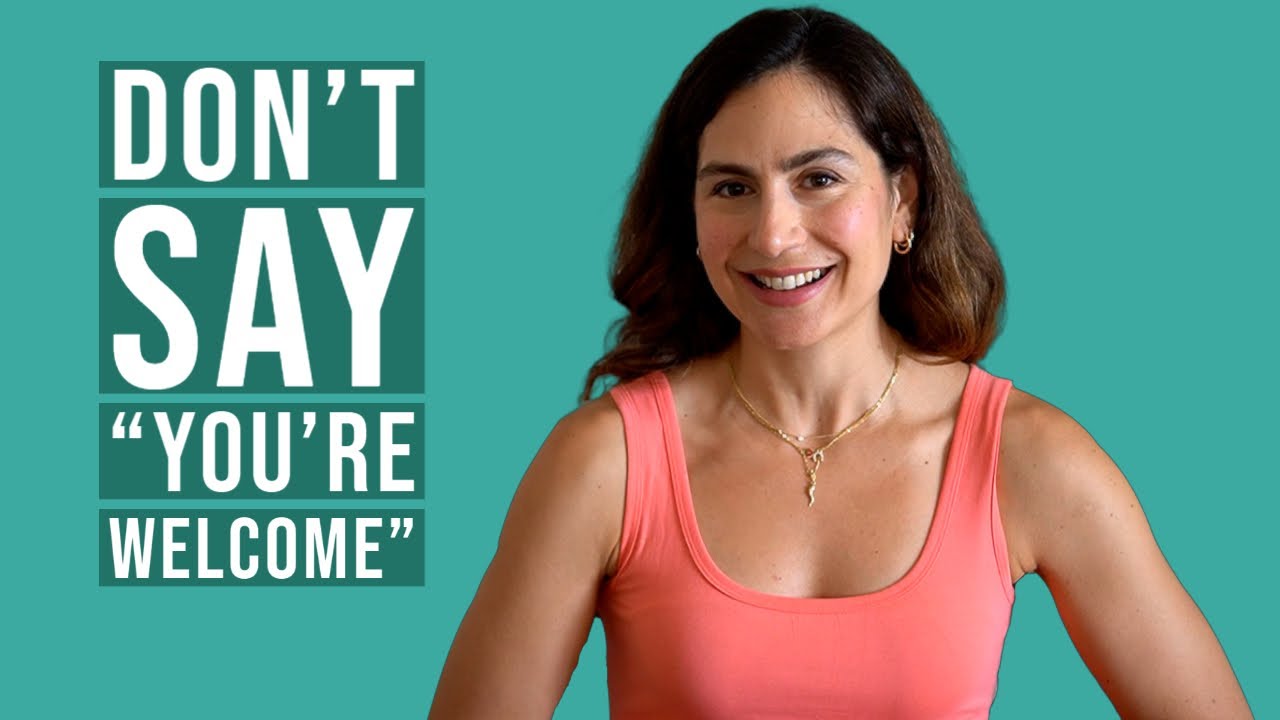DON’T Say “You’re Welcome” – Better Answers To “Thank You”
In this Advanced English lesson, we unpack different ways of responding to "thank you" and the alternatives to saying "you are welcome." DON'T say "you're welcome" – better answers to "thank you". So, if you want to stop saying you're welcome then this lesson is for you!
ENROLL IN OUR WEB COURSES (FREE trial included): 👇
🏆Acing Online Interviews:
🏆Group Interviews:
🏆Online Teamwork:
🏆Remote Work:
And don't forget to check out our website for the writeup and podcast of this lesson: 't-say-%22you're-welcome%22—better-answers-to-%22thank-you%22
#englishspeaking #confidentenglish #speakenglish #communication #advancedenglish #freelesson #marydaphne
Sign up for our weekly Advanced English newsletter:


